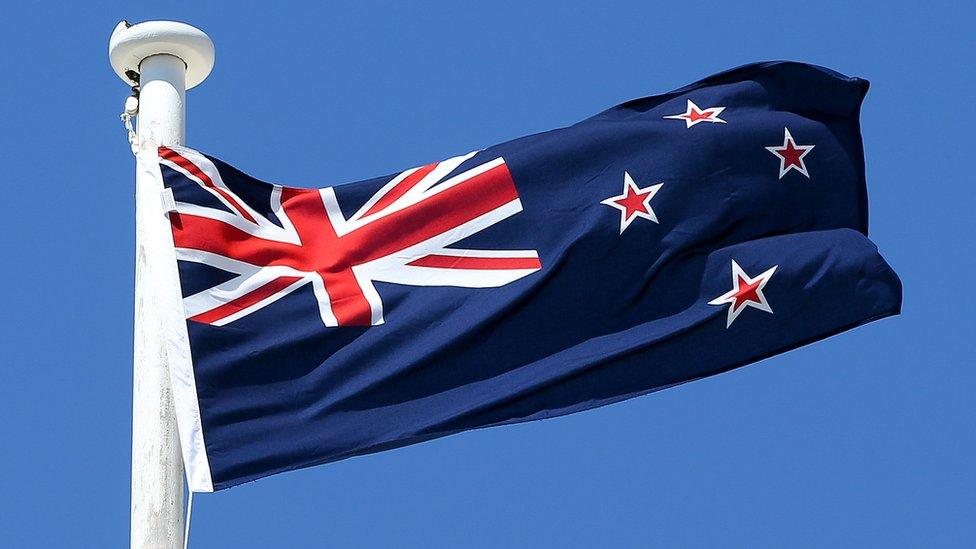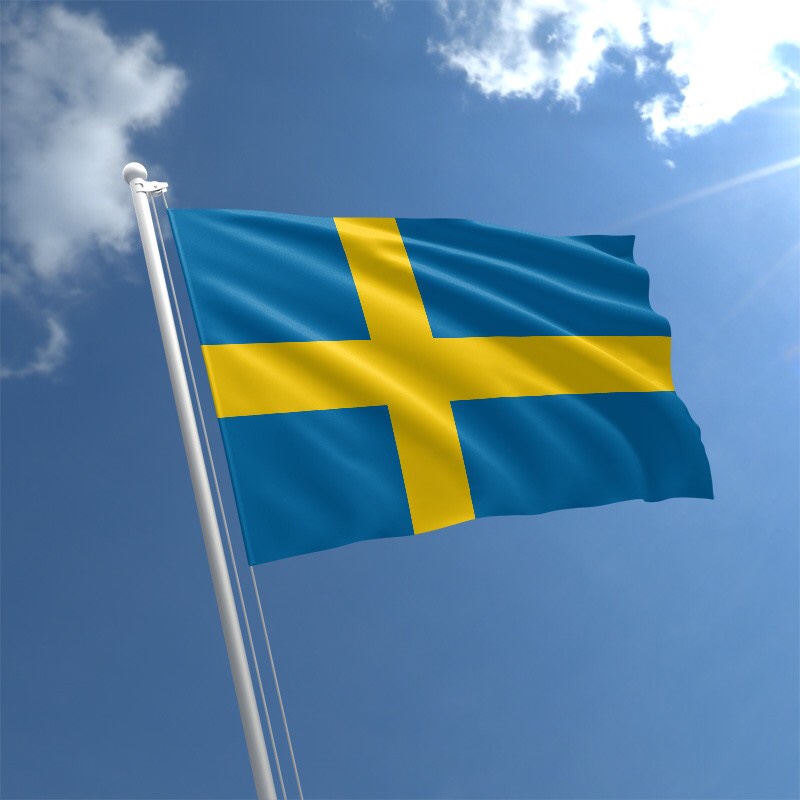Croatia’s excellent temperature, breathtaking terrain, and burgeoning economy make it a popular place for immigrants to settle. However, Croatia, like many other nations, has set immigration quotas and limitations that limit the total number of immigrants who are allowed to join the nation each year. What you need to know about Croatia’s immigration quotas and limitations is explained in this article. First, it’s critical to understand that since Croatia is a member of the European Union (EU), all EU nationals are free to live and work there. On the other hand, non-EU nationals are obligated to adhere to Croatia’s immigration laws.

Types of immigration quotas and caps in Croatia
For various groups of immigrants, Croatia maintains a variety of distinct immigration quotas and limitations. The major categories are as follows:
Immigration based on employment
A work permit is required for non-EU nationals who wish to work in Croatia. The Ministry of Labor and Pension System establishes an annual cap on the number of work permits that may be issued. Highly skilled employees, seasonal workers, and Intra-corporate transferees are some of these subcategories.
Highly skilled workers
Those with specialized training or job experience in a particular industry, such as IT, science, or engineering, are considered highly skilled individuals. Highly skilled employees often have a greater quota than other groups.
Seasonal workers
Seasonal workers are people who work in certain sectors, such as agriculture and tourism, during peak seasons. The Ministry of Labor and Pension System also establishes the seasonal worker quota, which is determined by the demands of the sector.
Intra-corporate transferees
Employees that are transferred inside their own company often work for foreign corporations with branches in Croatia. The transfer of an employee to Croatia must be sponsored by the employer, and there is normally a low quota for this category.
Immigration based on family
Non-EU nationals who have relatives in Croatia may apply for family reunification. The applicant must have a spouse, parent, or child who is a citizen of Croatia or who has a current residence permit in the nation to be eligible. Although there is no set limit for family reunions, the procedure may be time-consuming and involves adhering to strict guidelines. This includes demonstrating the family member’s connection and having the finances to sustain them.
Immigration of refugees and people in need of humanitarian assistance
Croatia has a quota for how many refugees and people in need of assistance it will take annually. The Ministry of Interior determines the quota, which may change based on the nation’s political and social climate at the time. In addition to the quota, Croatia offers housing, healthcare, and legal support to those seeking refuge.
Student immigration
Non-EU nationals may apply for a student visa if they want to study in Croatia. While there is no set cap on the number of student visas granted, there are several prerequisites that must be met. This includes obtaining a letter of admission from a Croatian institution and having enough money to sustain oneself while studying there.
Overall, the number of non-EU people that may enter Croatia each year is capped in addition to the limits for certain types of immigration. The interior ministry determines the cap, which may be changed depending on the economic and social requirements of the nation. The quota was set at 3,000 for 2021, however, it is subject to alter each year. It’s crucial to be aware that Croatia’s immigration laws may be complex and subject to rapid modification. For assistance with the nation’s immigration laws and regulations, non-EU nationals who want to reside and work in Croatia should speak with a Croatian immigration lawyer or expert.
You may also find these articles helpful
Moving to Croatia: Full relocation guide
Working in Croatia as an expat



